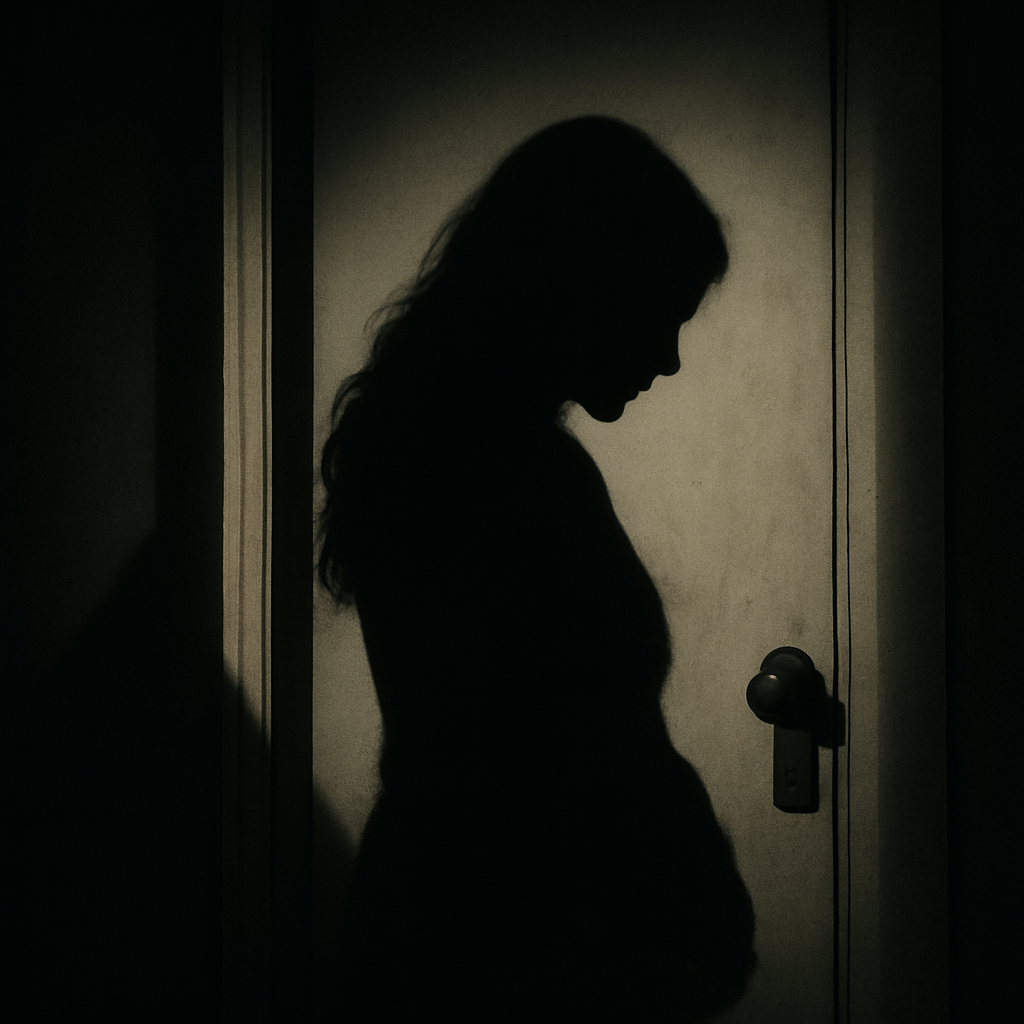
Direct Links to Benefit Claim Form PDFs
Below are links to PDF forms for a variety of welfare benefits:
-
Attendance Allowance — claim form PDF, from GOV.UK Entitledto
-
Bereavement Allowance — claim form PDF, from GOV.UK Entitledto
-
Budgeting Loans — application form PDF, from GOV.UK Entitledto
-
Carer’s Allowance — claim form PDF, from GOV.UK Entitledto
-
Child Benefit — claim form (CH2) PDF, from GOV.UK Entitledto
-
Child Tax Credit — claim form PDF, from GOV.UK Entitledto
-
Disability Living Allowance for Children (DLA1A) — form PDF, from Templateroller archives TemplateRoller
-
Employment and Support Allowance (ESA) — claim form PDF, from GOV.UK Entitledto
-
ESA50 (Capability for Work Questionnaire) — PDF, from GOV.UK Entitledto
-
Free School Meals / Healthy Start Food Vouchers — PDF, from healthystart.nhs.uk Entitledto
-
Funeral Payments — claim form PDF, from GOV.UK Entitledto
-
Guardian’s Allowance — claim form PDF, from GOV.UK Entitledto
-
Income Support — claim form PDF, from GOV.UK Entitledto
-
Industrial Injuries Disablement Benefit (BI100A) — claim form PDF, from GOV.UK Entitledto
-
Jobseeker’s Allowance — claim form PDF, from GOV.UK Entitledto
-
Maternity Allowance (MA1) — claim form PDF, from Templateroller TemplateRoller
-
NHS Low Income Scheme — application form PDF, from NHS site Entitledto
-
Pension Credit (PC1) — interactive PDF claim form, from GOV.UK GOV.UK Assets
-
Personal Independence Payment (PIP) — claim form PDF, from GOV.UK Entitledto
-
State Pension (Basic State Pension, BR1) — claim form PDF, from GOV.UK GOV.UK
-
Support for Mortgage Interest (SMI) — PDF form, from GOV.UK Entitledto
-
Universal Credit — claim form PDF, from GOV.UK Entitledto
-
Warm Homes Discount — application form PDF, from GOV.UK Entitledto
-
War Widow(er) Pension — claim form PDF, from GOV.UK Entitledto
-
Widowed Parent’s Allowance (BB2) — form PDF, from Templateroller TemplateRoller
-
Working Tax Credit — claim form PDF, from GOV.UK Entitledto
Additional Benefit Resources
-
Life Certificate — used for confirming eligibility when you live abroad; PDF form from GOV.UK GOV.UK
-
DWP Medical Forms for Healthcare Professionals — includes factual medical reports needed for certain claims (e.g., DLA/AA); PDF listings on GOV.UK GOV.UK
-
DWP Order Form for Information Materials — allows advisors to order printed claim packs (e.g., BR1, BI100A, etc.) PDF GOV.UK Assets
Our story
Who Are Carers?
Carers are the silent backbone of our communities.
If you look after someone who can’t manage without your help—whether it’s an elderly parent, a partner with illness, or a child with additional needs—you are a carer.
Carers give their time, energy, and love every single day. But too often, they do it in silence—missing out on education, work, social life, and even their own health. Many don’t know their rights or the support they’re entitled to.
That’s why we created the Carers Hub at Blossom Group: a safe, welcoming space where carers can find help, understanding, and hope.
Gulpaari’s Message
“When I first came to Blossom Group, I was drowning in papers I couldn’t understand. Today, I help others — and I know one thing for sure: Carers like you are the strongest people I’ve ever met.
But strength doesn’t mean doing it all alone.
If you look after someone — a parent, a child, a partner, anyone — you are a carer. And you deserve support too.”
What We Offer for Carers
✅ Help with benefits like Carer’s Allowance, Universal Credit, Disability Support
✅ Housing and council support
✅ ESOL and digital skills classes
✅ Mental health support and someone to talk to
✅ Community spaces to meet other carers
✅ Emergency help when things get tough
Our Promise
Here at The Community Box, we don’t just fill in forms. We listen. We speak your language. We understand your culture and your challenges.
You’re not just a case number here—you’re family.
“Befarmaid, chai mikhori?” (Come, have tea?)

Contact Us Today
Get in touch with us to learn more about how we can work together to make a positive impact in the community.

